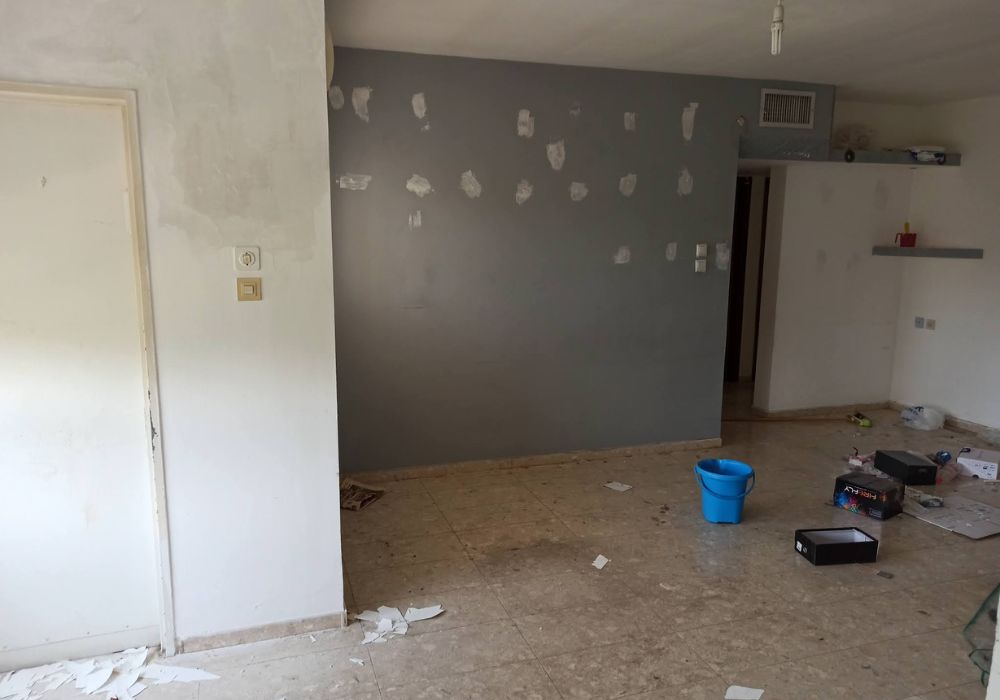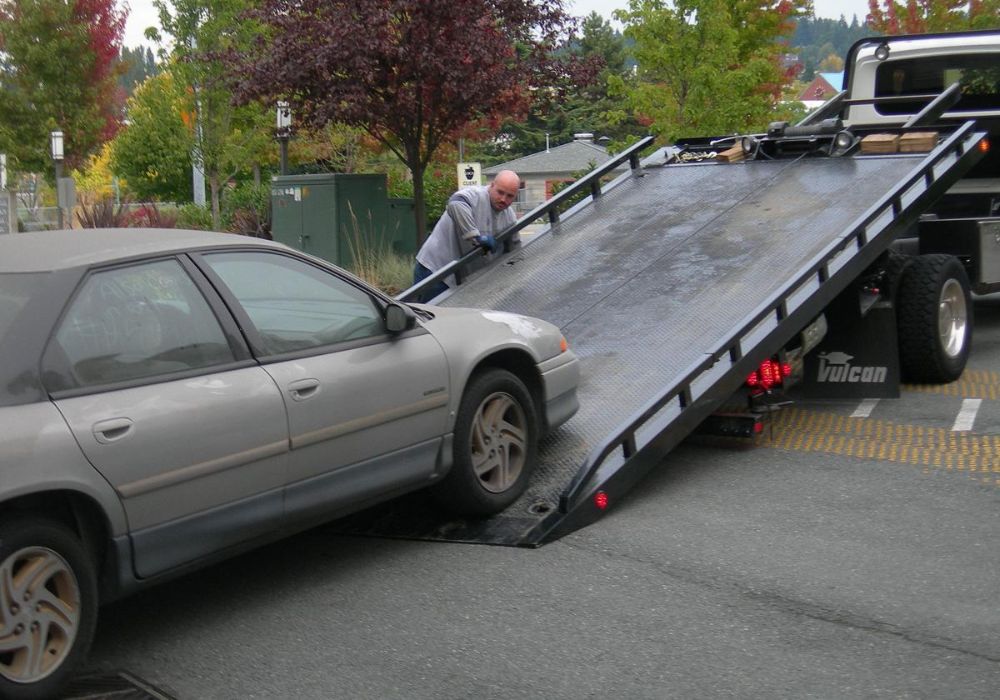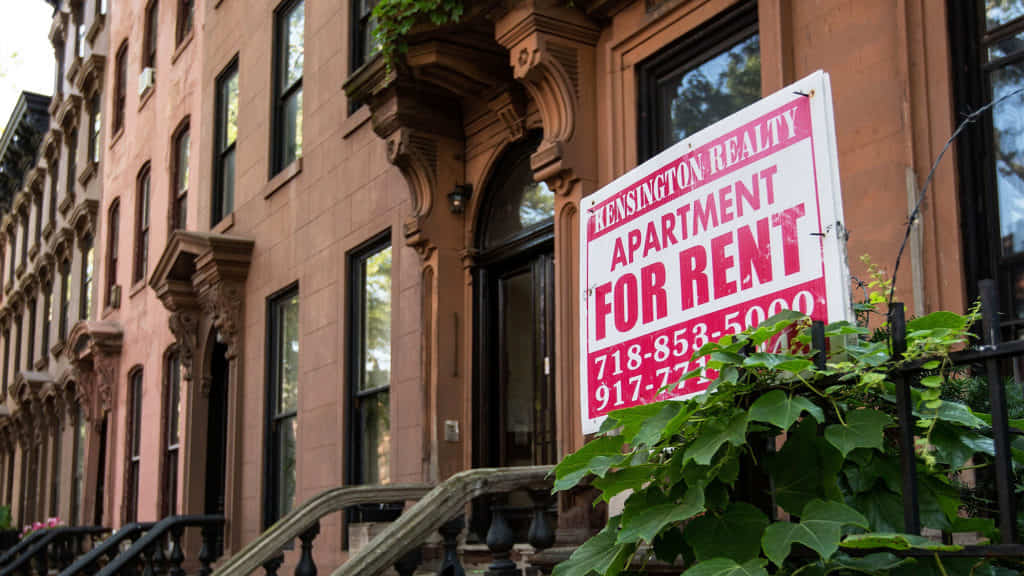Are you tired of your current apartment unit? Wondering if it's possible to switch to a different one within the same building? In this article, we'll explore the feasibility of switching apartment units and provide you with some helpful insights.
Is it Possible to Complain about Neighbors to Request a Transfer?
One common situation that prompts requests to switch apartments is having troublesome neighbors. Noisy, inconsiderate, or disruptive neighbors can seriously impact your enjoyment of where you live. If these types of issues have been ongoing, make sure to have documented your complaints to your landlord over time to establish a track record.
When asking to transfer, explain specifically how the neighbors are negatively affecting your home life. Be prepared to sign a new lease for the new unit to show your continued commitment as a tenant. A history of complaints demonstrates to the landlord that your request isn't frivolous and helps justify allowing the move.
Will Financial Changes Qualify Me for an Apartment Switch?

Changes in your financial picture such as losing your job, getting a raise, or other income fluctuations are also reasonable grounds for an apartment switch. If money is tighter, moving to a more affordable smaller unit makes sense. Conversely, extra income could enable an upgrade to a larger apartment.
Explain the financial situation change to your landlord and express continued interest in residing at the complex. They will be more amenable if the switch keeps you as a tenant rather than potentially losing rent money if you have to leave. Adjusting unit sizes due to life events shows commitment to the terms of your lease.
How Do Family Additions or Subtractions Impact a Transfer Request?
Having more people join or leave your household than when you originally moved in is another common scenario that warrants an internal complex transfer. For example, a new baby may mean you now need more bedrooms. On the other hand, an empty nest or breakup could leave you with excess space. Landlords understand families are dynamic.
Communicating these reasonable circumstances gets your request taken seriously. Emphasize you simply require an appropriate unit given your current household composition changes while wanting to stay at the property overall.
What Transfer Rights Are in My Lease?
Before even speaking to the landlord, review your lease terms for any clauses pertaining directly to apartment transfers. Many leases acknowledge situations may arise warranting an internal move and outline tenants' rights and responsibilities regarding transfers. Seeing your specific situation addressed formally helps in conversations with property managers.
Even without written transfer procedures, leases imply standards of reasonable satisfaction for tenants paying market rent. Reference relevant sections to demonstrate familiarity with the controlling legal agreement. Doing your homework makes for a stronger case.
What Fees Are Common for Apartment Switches?
Landlords incur costs when tenants switch units, from cleaning and maintenance to new paperwork. Most require a transfer fee partially offsetting these expenses. Amounts vary but often equal one month’s rent or a flat $300-$500 charge. Make certain to budget for this upfront cost in your request.
Offering to address what your old unit will need for quick turnover like cleaning carpets out-of-pocket can potentially reduce the fee. Stressing mutual benefit like higher rent payments from an upgrade may also persuade them to waive or lower charges. Going into discussions aware of typical charges supports flexible negotiations.
What Steps Are Required After an Approved Transfer?
Once approved, changes must be made to fully execute the apartment switch. This includes notifying all relevant utility providers about your address change to avoid service disruptions.
Bills, mail, auto-payments, and more all require updates. you will also need to move everything out of your old unit and into the new one efficiently using proper moving supplies. Reliable moving kit rental companies help achieve this important transition rapidly and cost-effectively.
Taking these post-transfer steps seriously demonstrates your commitment to carrying out the move properly for a smooth transition.
Conclusion
While internal apartment transfers take work, they often provide worthwhile alternatives to breaking leases when legitimate circumstances require a change. Having honest conversations with your landlord and addressing logistical and financial aspects gain their cooperation.
Landlords also see benefit in keeping high-quality tenants happy rather than risking vacancies. With clear reasoning, flexibility, and preparedness, tenant-initiated apartment switches within the same complex can usually be realistically negotiated to mutual satisfaction.





